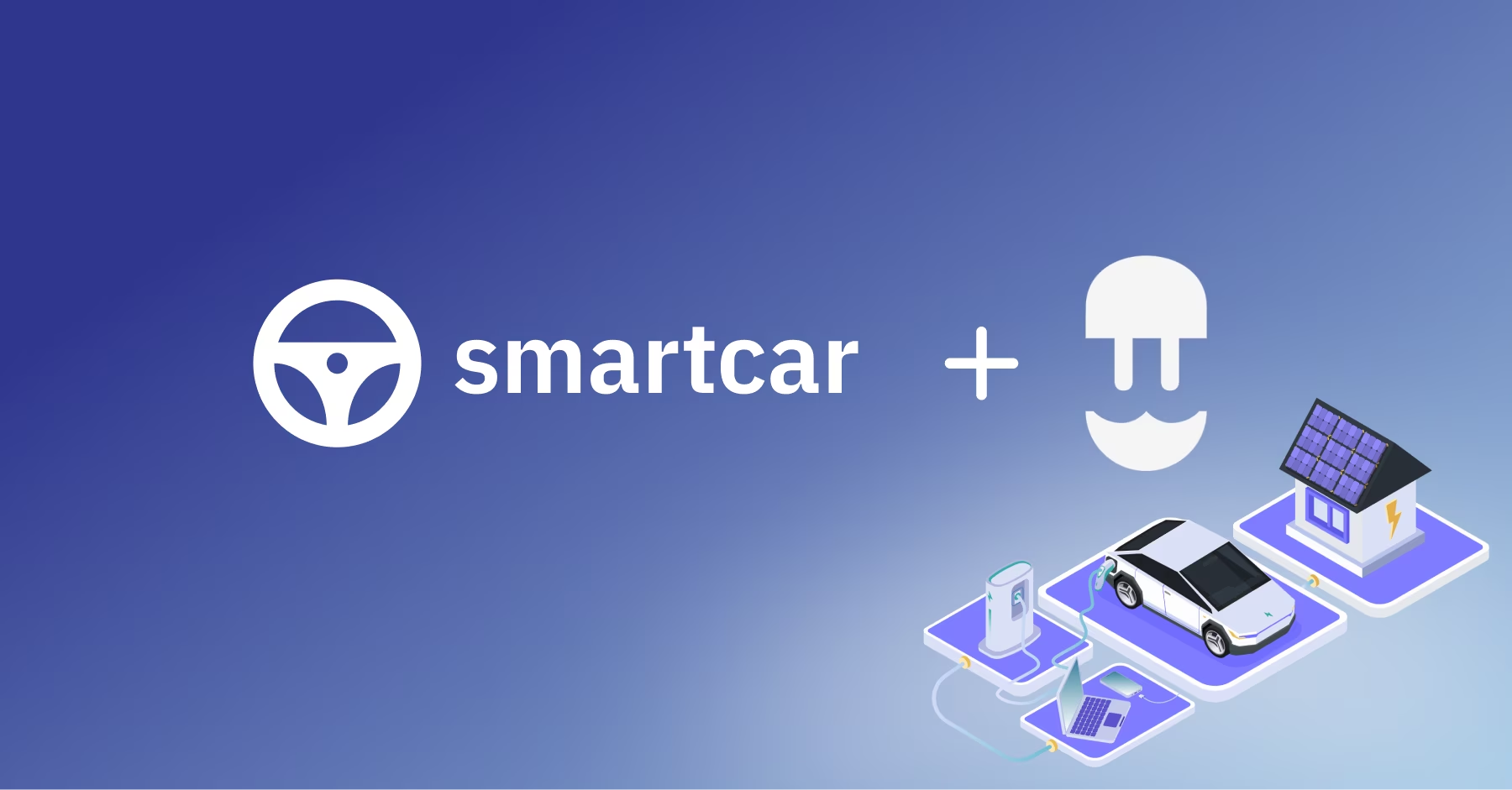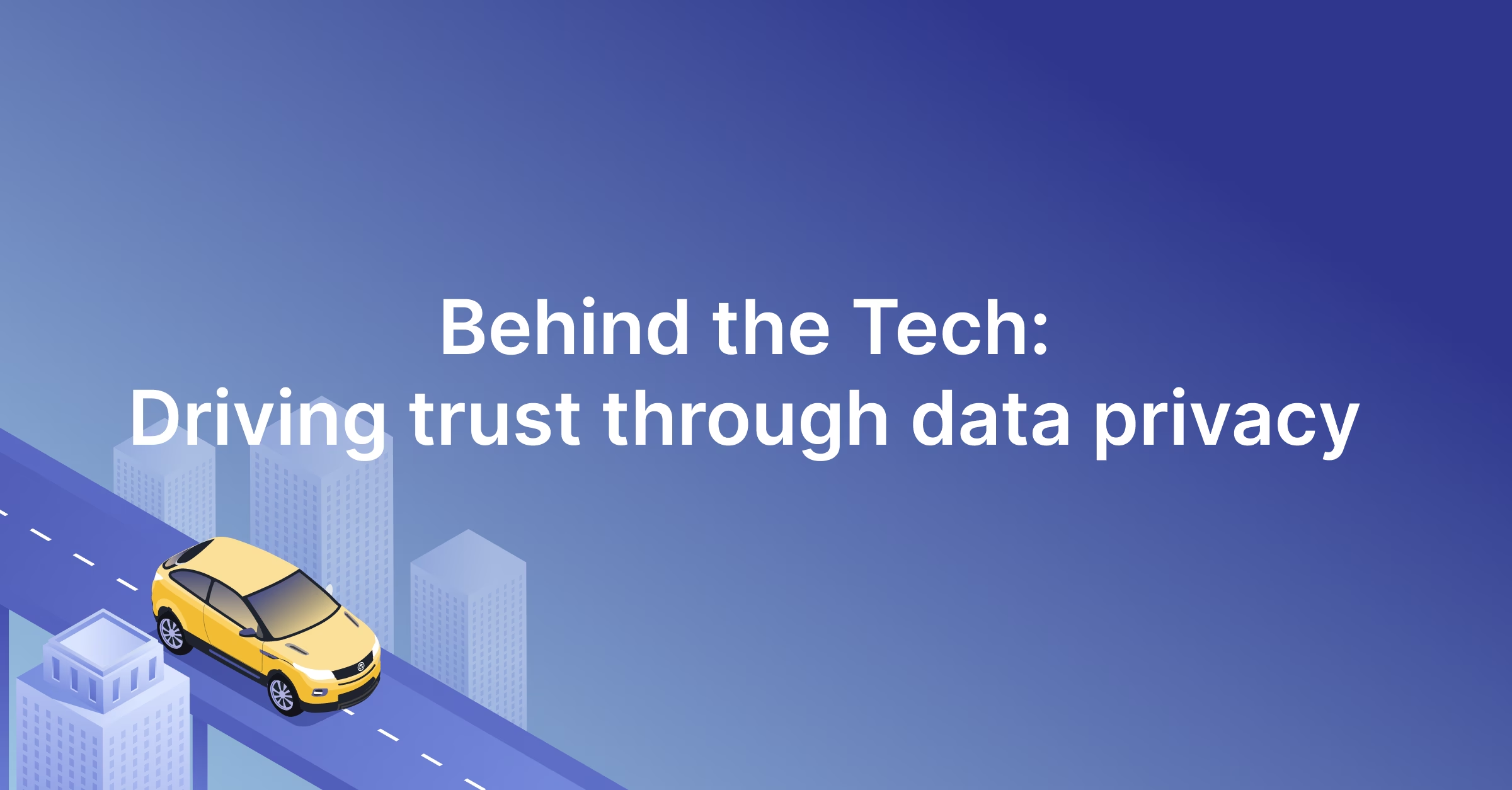Energy intelligence platform, Bidgely, uses AI to turn smart meter data into actionable utility strategies for better customer engagement and optimal grid outcomes. With Smartcar’s EV API, Bidgely is taking its energy disaggregation technology one step further — by unlocking active load control for households with electric vehicles.
How do utilities identify EVs in their service territory?
Utilities often collaborate with government departments and charging network operators to obtain EV registration data and information on charging sessions at specific stations to estimate EV ownership in a service territory. They may also collect self-reported data from customers about their EV ownership through resident surveys or voluntary participation in EV programs.
But these methods come with a catch — they introduce more dependencies, longer project timelines, and higher costs to persuade, acquire, and incentivize customer participation.
Automation helps energy providers activate more customers
Bidgely’s AI-powered solution grants energy providers a competitive advantage by leveraging smart meter disaggregation to accurately identify and detect which of their customers have EVs. This means no customer self-reporting, disparate data sources, and additional hardware installations are required.
With these insights, Bidgely helps utilities and energy retailers worldwide, optimize time-of-use, create a resilient grid, and transform customers into engaged energy partners to tackle net-zero targets. Bidgely recently surpassed one terawatt-hour (TWh) of energy savings from working with their customers, offsetting nearly 709,000 metric tons of CO2 emissions.
But to activate EVs as a next-level asset for grids, Bidgely recognized the urgency to enable their customers to actively optimize electricity demand when needed. That’s where Smartcar comes in to equip Bidgely with direct integrations to EVs for precise and actionable charging data.

With Bidgely’s EV intelligence and engagement platform now enabling utilities to better understand the EVs on their grid and directly control charging through Smartcar telematics, a new paradigm is emerging: The energy consumer is becoming an energy partner.
— Abhay Gupta, CEO and co-founder at Bidgely
Grid resilience is hard to achieve without direct load control
In the EV-friendly state of California, EV owners have grown familiar with emergency alerts from the California Independent System Operator (CAISO) asking them to avoid charging their vehicles during periods of high energy demand.
As EV adoption grows, energy providers must act to avoid making these warnings a new norm.
There are two big takeaways from this:
- Mitigating power outages through an emergency alert system is inefficient because it puts the onus on residents to drop what they’re doing and take immediate action.
- Utilities can boost grid reliability and resilience if they capture increased demand flexibility from EV charging and align that usage with the availability of renewable energy.
“Direct load control is the ideal situation, in which utilities can control when an EV is being charged, to better manage charging demand,” said Gupta. “The EV owner wins by receiving compensation and by having the EV charged when power is cheapest to purchase.”

Bidgely uses Smartcar’s EV APIs to give utilities visibility into when and how residents charge their vehicles. From there, utilities can actively schedule charging sessions when electricity rates are the least expensive, carbon-intensive, and strenuous to the grid.
Delivering more impact with Smartcar’s APIs
Before using Smartcar, Bidgely’s EV solution was focused on giving energy providers the technology to detect EV charging, educate enrolled drivers about their energy usage, and provide recommendations for reducing or shifting their electricity consumption through behavioral nudges.
This was effective in helping utilities achieve over 75% load shift, however, many utilities want to give customers an option which removes the onus of always knowing when is the right time to charge. In response, Bidgely decided that EV telematics was the right choice to allow drivers to automate their charging proactively, without having to check for the best times themselves.
“The key was finding a way to connect directly to the cars for controlling charging, and that’s where Smartcar entered the picture for Bidgely,” says Gupta.
It would have taken us too many resources to build out a piece of our solution that Smartcar had already perfected.
— Abhay Gupta, CEO and co-founder at Bidgely
Smartcar gives Bidgely a single integration that unlocks:
- Standardized APIs to access an EV’s state of charge, charging status, battery capacity, charge limit, and the ability to start and stop charging remotely.
- Clear and comprehensive SDKs and API documentation for developers.
- Consent-based user authorization packaged in a modern and ready-to-use UI.
Vehicle owners can connect their car securely and efficiently via Smartcar Connect, allowing Bidgely to help utilities streamline user onboarding and build trust with customers.

Empowering utilities with greater EV load shift performance
“Smartcar has enabled us to level up our EV Managed Charging platform for electric utilities by filling an important technology gap — connecting to the vehicle,” says Gupta.
Smartcar is excited to help Bidgely drive more impact with automated vehicle-to-grid communication that increases customer satisfaction and lowers costs.
Visit Bidgely’s website to learn more about their Active Managed Charging solution ⚡
Vehicle brands, logos, and model names belong to their respective trademark holders and do not indicate endorsement or affiliation with Smartcar or Bidgely.




.jpg)

